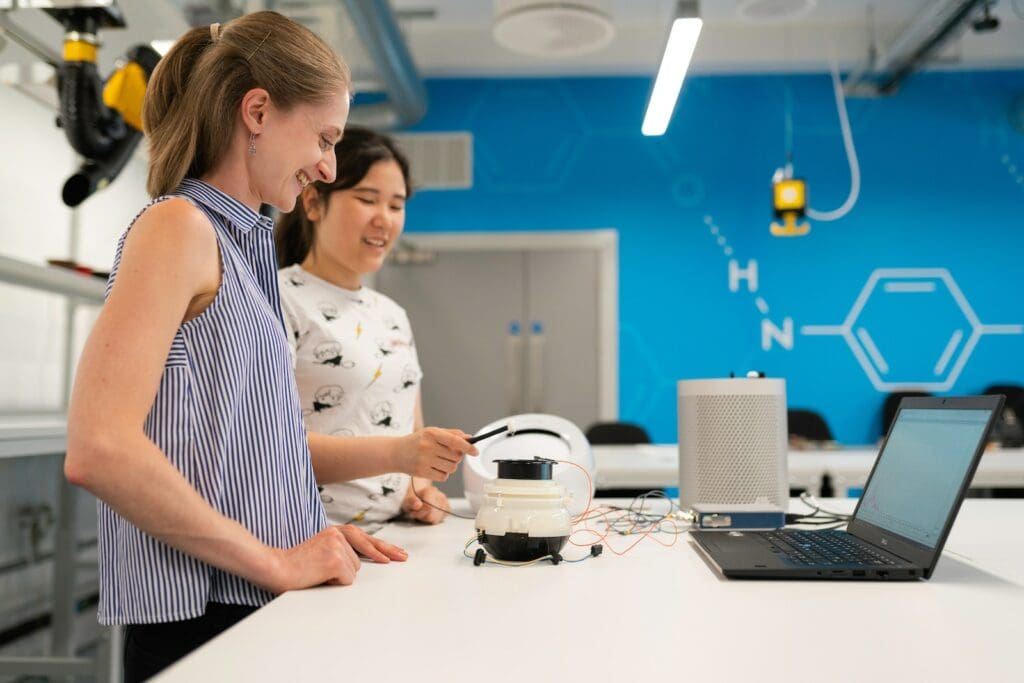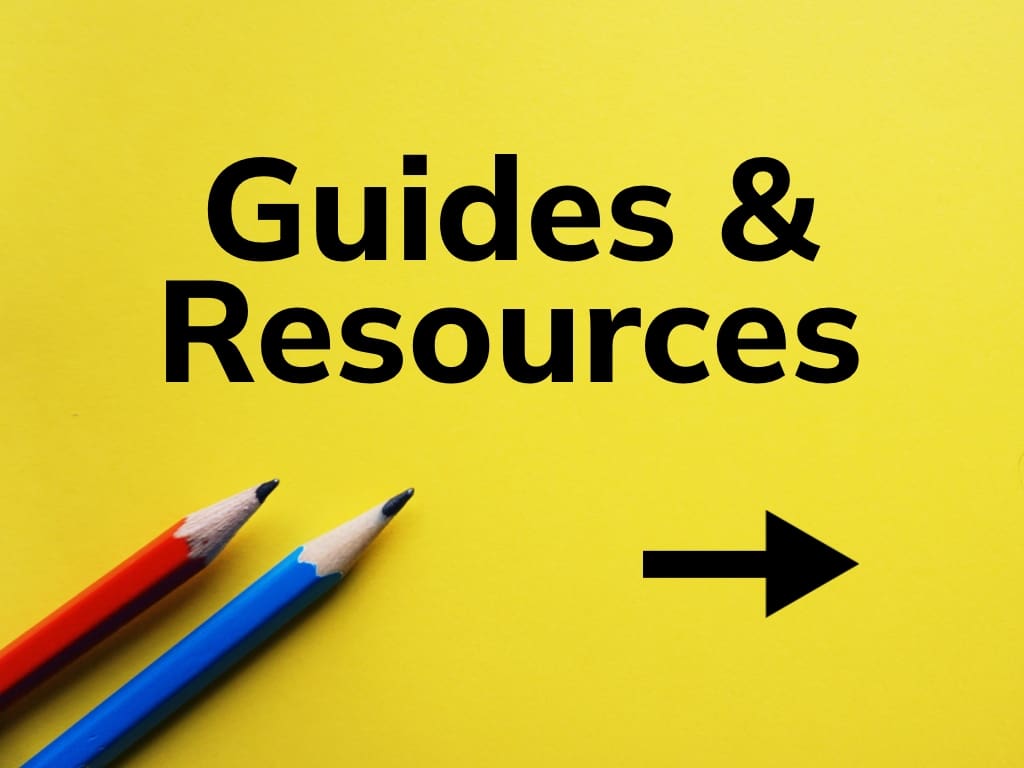
In the landscape of modern education, technology has become a cornerstone in private school settings. Across classrooms, sleek tablets and interactive whiteboards have replaced dusty chalkboards and dog-eared textbooks. Students now have the world’s information at their fingertips, often engaging with dynamic, digital content that adapts to their individual learning styles. This integration of technology is not just enhancing the way subjects are taught, but is also reshaping the skills and competencies that students are expected to master before they step into an increasingly digital world.
Private schools, with their resources and ability to quickly adopt new innovations, often lead the charge in implementing educational technology. Administrators and educators in these schools are harnessing the power of software and devices to deliver personalized learning experiences. With tools for tracking progress, providing immediate feedback, and facilitating collaboration, technology in private education is creating a more engaging and efficient learning environment.
Moreover, technology extends the learning environment well beyond the classroom walls. It connects students to global communities, offering them broader perspectives and access to a vast array of online resources. As a result, the role of educators is evolving as they become facilitators and guides in a student’s self-directed learning journey, empowered by technology. Students are encouraged to become active participants in their education, developing critical thinking, problem-solving, and digital literacy skills that are essential in the 21st century.
Technology Integration in Curriculum
Technology integration in modern private school education shapes the curriculum, making it dynamic and interactive. This transformation allows for personalized learning experiences and the development of essential 21st-century skills.
E-Learning Platforms
Private schools increasingly use e-learning platforms to supplement traditional teaching. These platforms, like Schoology and Blackboard, offer various tools for managing coursework, tracking student progress, and facilitating communication between teachers and students. They enable access to a vast library of resources, assignments submission, and peer collaboration.
Interactive Digital Classrooms
Smartboards and tablets are now common in interactive digital classrooms, replacing the traditional chalkboard. They enhance visual learning through multimedia presentations and real-time annotation. Teachers can engage students with interactive simulations and instant quizzes, which cater to diverse learning styles and encourage full class participation.
Coding and Robotics in Education
Private schools are incorporating coding and robotics into their curricula to foster logical thinking and problem-solving skills. Courses in Python, JavaScript, and block-based coding languages are introduced to students from an early age. Robotics kits such as LEGO Mindstorms offer hands-on experience, teaching students engineering principles and teamwork as they build and program their robots.
Educational Technology Management
Effective management of educational technology is critical to the success of modern private schools. It encompasses robust IT infrastructure and stringent cybersecurity measures.
IT Infrastructure in Schools
Private schools must establish a resilient IT infrastructure to support a myriad of educational technologies. They require high-speed internet, wireless access points, and sufficient bandwidth to facilitate online learning platforms, digital libraries, and cloud-based services.
- Network Components: Routers, switches, and firewalls are essential for a seamless network experience.
- Hardware: Schools provide devices such as computers, tablets, and interactive whiteboards for classroom use.
- Software: Licensed educational software and learning management systems (LMS) are integrated into the curriculum.
Cybersecurity and Privacy
Cybersecurity is paramount in the education sector to protect sensitive information. Schools implement protocols to safeguard student data against unauthorized access and cyber threats.
- Data Protection Measures: Encryption, access controls, and secure password policies.
- Regular Audits: Schools conduct frequent security audits to identify and address vulnerabilities.
- Training: Faculty and students receive training on digital hygiene and awareness of phishing attacks and other cyber risks.
Teacher and Staff Development
To effectively integrate technology into education, teachers and staff at modern private schools receive ongoing training, ensuring that they can leverage new tools to enhance the learning experience.
Professional Development for Tech Integration
Professional development programs are designed to help teachers become proficient in using technology. For instance, a training module on a Learning Management System (LMS) might include:
- Step-by-step tutorials: To assist teachers in understanding the intricacies of the LMS.
- Hands-on workshops: Where teachers can practice uploading course materials and creating online quizzes.
Additionally, schools often provide certification courses for tools like interactive whiteboards, which could include:
- Introduction: An overview of the whiteboard’s capabilities.
- Advanced Features: Including engagement tactics through interactive presentations.
Tech-Savvy Educational Leadership
Administrators are encouraged to be role models in the adoption of technology. They attend leadership seminars that cover:
- Strategic Planning: Understanding how to align technology with educational goals.
- Policy Development: Crafting policies that support ethical and effective technology use.
Leadership also participates in networking events to share insights with peers, utilizing formats such as:
- Round-table discussions: For leaders to discuss challenges and successes in tech integration.
- Webinars and online forums: Where they can exchange strategies and stay updated on educational technology trends.
Student Engagement and Learning Outcomes
Technology in modern private school education significantly enhances student engagement and directly impacts their learning outcomes. By incorporating cutting-edge tools into the curriculum, educators are able to create more dynamic and personalized learning experiences.
Gamification of Learning
Gamification employs game design elements in educational settings, making learning more interactive and enjoyable. For example:
- Points Systems: Students earn points for completing tasks, promoting a sense of achievement.
- Leaderboards: Displays of student rankings encourage friendly competition.
- Badges and Rewards: Visual tokens of accomplishment motivate continued progress.
These elements contribute to increased engagement, which can lead to improved retention and understanding of the material.
Adaptive Learning Technologies
Adaptive learning technologies tailor educational content to individual student’s abilities and learning paces. Key features include:
- Personalized Learning Paths: Software adjusts the curriculum based on student performance.
- Immediate Feedback: Students receive instant responses to their actions, facilitating rapid learning and correction.
- Data-Driven Insights: Detailed analytics help educators identify students’ strengths and areas needing improvement, allowing for targeted intervention.
Through these technologies, students experience a learning process that is closely aligned with their unique needs, which can enhance their academic outcomes.
Future Trends in Educational Technology
The evolution of technology continues to shape the educational landscape, with virtual reality and artificial intelligence standing at the forefront of the upcoming transformation in private schools.
Virtual Reality in Learning Environments
Virtual reality (VR) is redefining educational spaces by providing immersive learning experiences that are both engaging and interactive. Private schools are beginning to incorporate VR to simulate real-world environments, allowing students to explore historical sites, conduct virtual lab experiments, and engage in simulations that were once inaccessible. For instance:
- History classes can transport students to ancient civilizations.
- Science labs can offer safe, virtual interaction with hazardous materials.
Artificial Intelligence in Personalized Education
Artificial intelligence (AI) in education is paving the way for highly personalized learning experiences. AI systems analyze individual student performance data to identify strengths and areas for improvement. Based on this analysis, they can tailor educational content to meet each student’s needs. Key applications include:
- Adaptive learning platforms: These systems adjust curriculum difficulty according to student performance.
- Automated grading tools: They save teachers’ time by providing instant feedback on assessments.



